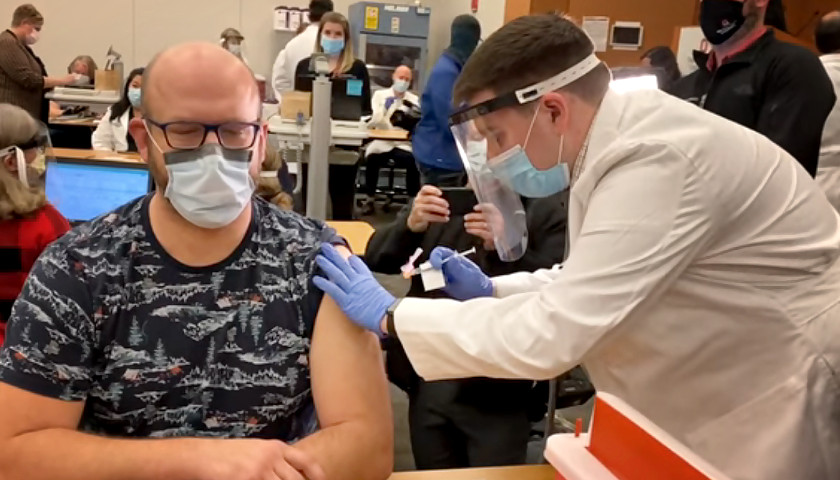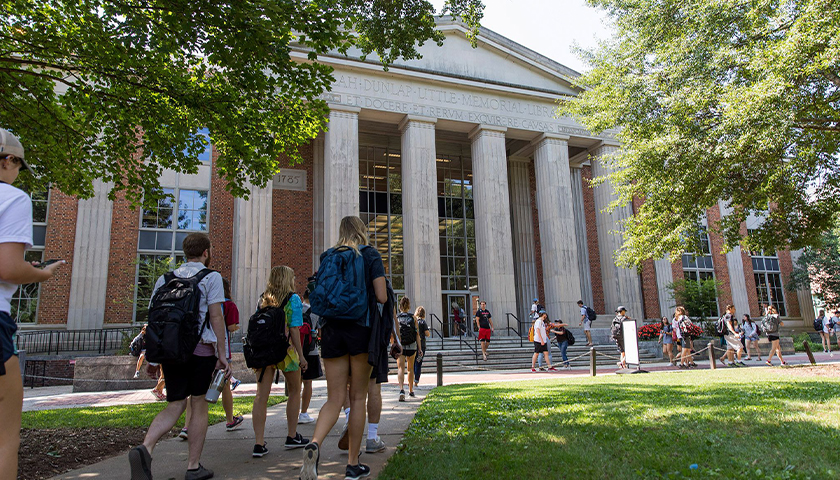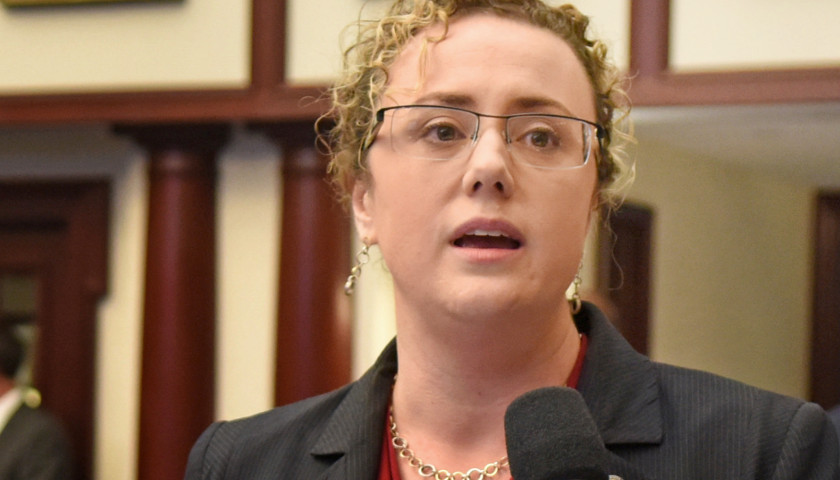Private businesses in Ohio would save nearly $106 million over the next fiscal year if a proposal to cut the state’s workers’ compensation premiums by 10% is approved.
The reduction would follow a 10% rate reduction for public employers – counties, cities, schools and others – that went into effect Jan. 1. If approved at the Ohio Bureau of Workers’ Compensation (BWC) board meeting Feb. 25, it would be effective July 1.
“At the request of Gov. [Mike] DeWine, we are proposing a new rate reduction for private employers,” BWC Administrator and CEO Stephanie McCloud said. “This proposed rate reduction confirms the dedication and hard work Ohio’s private employers have towards workplace safety.”
Read the full story






